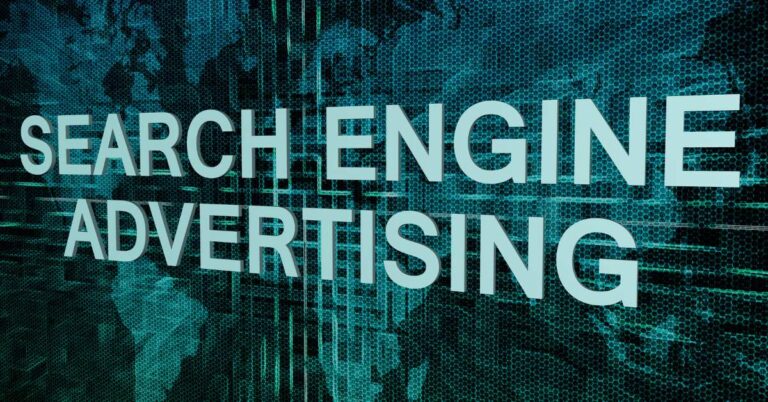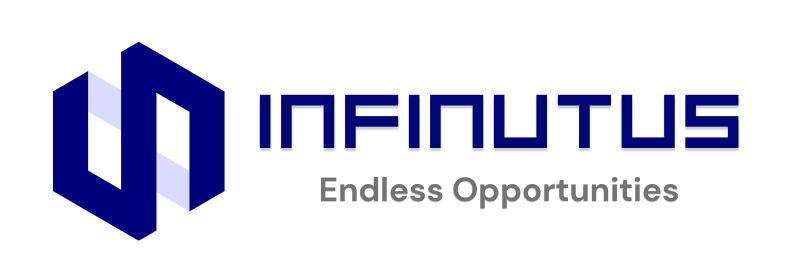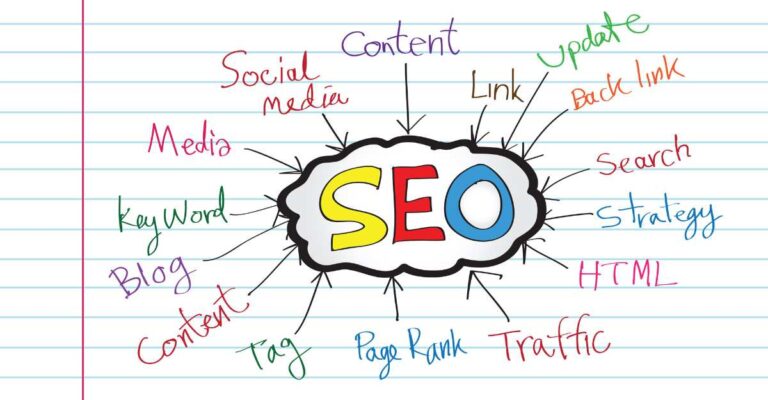
The Power of Sea Optimization: Boosting Your Online Presence
This blog post provides an overview of the basics of SEA optimization. From understanding the importance of the strategy to implementing advanced techniques, we explore the key aspects of SEA optimization that can help your business achieve its marketing objectives.




